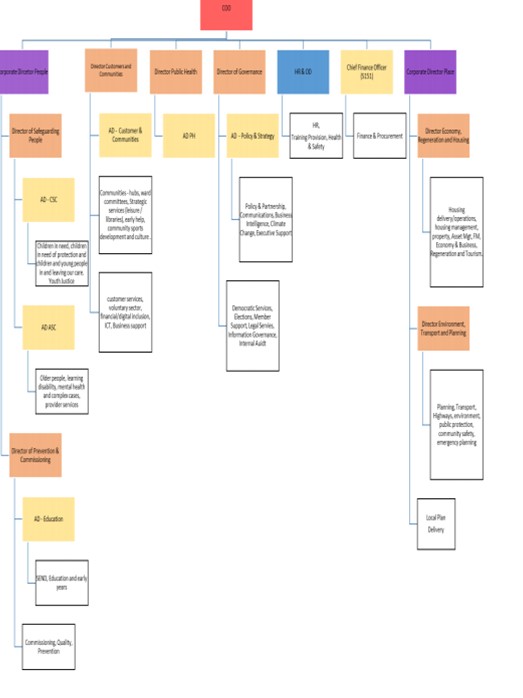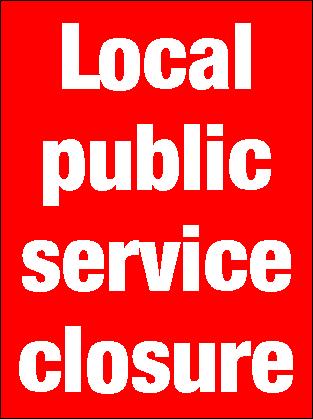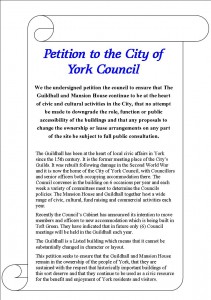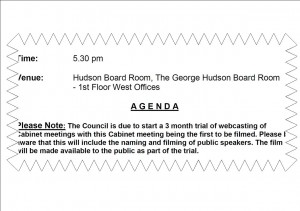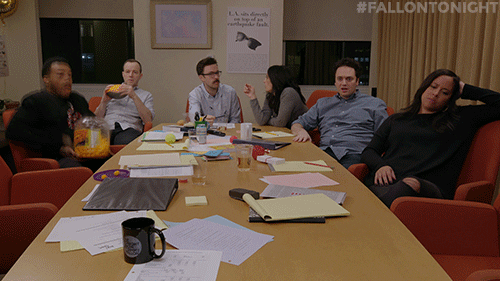
It seems that the York Council intends to change the order that it considers items at its next meeting which is scheduled to take place on 17th December.
The Lord Mayor wants to reorder the agenda to allow four motions to be debated. There will be one from the each of the different political groups represented on the authority.
It seems though that this approach does not have the support of all the Group Leaders nor some Independents.
The truth of the matter is that such motions rarely lead to any real change to what happens on the streets of the City. Too often the topics for motions appear to reflect personal interests or offer an under-researched flash of kitchen table vision. Central government policies are often the butt of vitriol, but rarely do the policies that are criticised change as a result of what is said in the York Council chamber.
Too often the debates decline into to a series of grandstanding statements. There is little opportunity to find consensus.
Currently the Councils, increasingly opaque and defensive, Executive takes the key policy decisions. A full Council meeting is a rare opportunity for back benchers to question and hold to account portfolio holders.
The option of submitting written questions, with written answers circulated if they were not reached in the time available, was jettisoned by the last administration. Now all observers hear are a series of garbled questions and opaque answers.
Now is seems that the time available to do even this will be squeezed.
Part of the solution is to agree an equitable division of time for each agenda item.
As long ago as the 1970s, Group Leaders used to meet with the Lord Mayor to agree how a meeting could be run efficiently and equitably.
Perhaps it is time to reinstate that tradition?
NB. The York Council has published details of how its departments will be organised in future. The proposals come in the wake of the appointment of a new Chief Operating Officer.
Residents will hope that any new structure focusses on street level delivery and that the decline in some service standards can be reversed.
The real key though is to make the right appointments to key jobs.
If new personalities are appointed, then the Council can hope to get back to being a “can do” authority and would be well placed to make the most of any devolution deal which may become available

